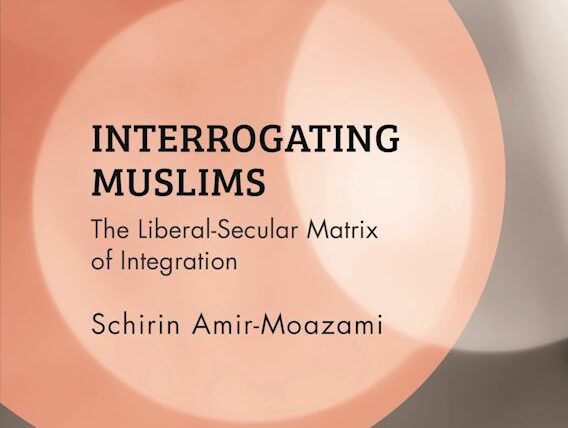In this episode host Candace Mixon and guest Schirin Amir-Moazami use Amir-Moazami’s new book, Interrogating Muslims: The Liberal-Secular Matrix of Integration (Bloomsbury, 2022) as a starting point through which to discuss topics such state categorizations of religion in the liberal state and considerations of religion and secularism. They discuss the concepts of assimilation and integration, governmentality, and the liberal state’s patronization and discipline of minoritized subjects, primarily in the context of German efforts towards integrating Muslims into the state. In considering assimilation and integration for example, Amir-Moazami shows that there is a legacy of constructing the national body (using Zygmunt Bauman’s terminology related to assimilation) and the state’s “need” to care for the not yet liberated subject.
Amir-Moazami highlights the urgency to reflect critically on the secular state’s role in structuring religious plurality, and the need to consider the liberal state’s role as a player in Islamophobia or anti-Muslim racism. In their conversation, Mixon and Amir-Moazami consider the corporeal state and corporeal conformations Muslims are expected to adhere to, thinking about the enforcement of undetermined abstractions of national gender norms on Muslims. Through examples of German swimming classes and citizenship tests, Amir-Moazami suggests that in relational moments, there are places to look for state reinforcement of its own bodily needs and governing of subjects that cannot govern themselves.








